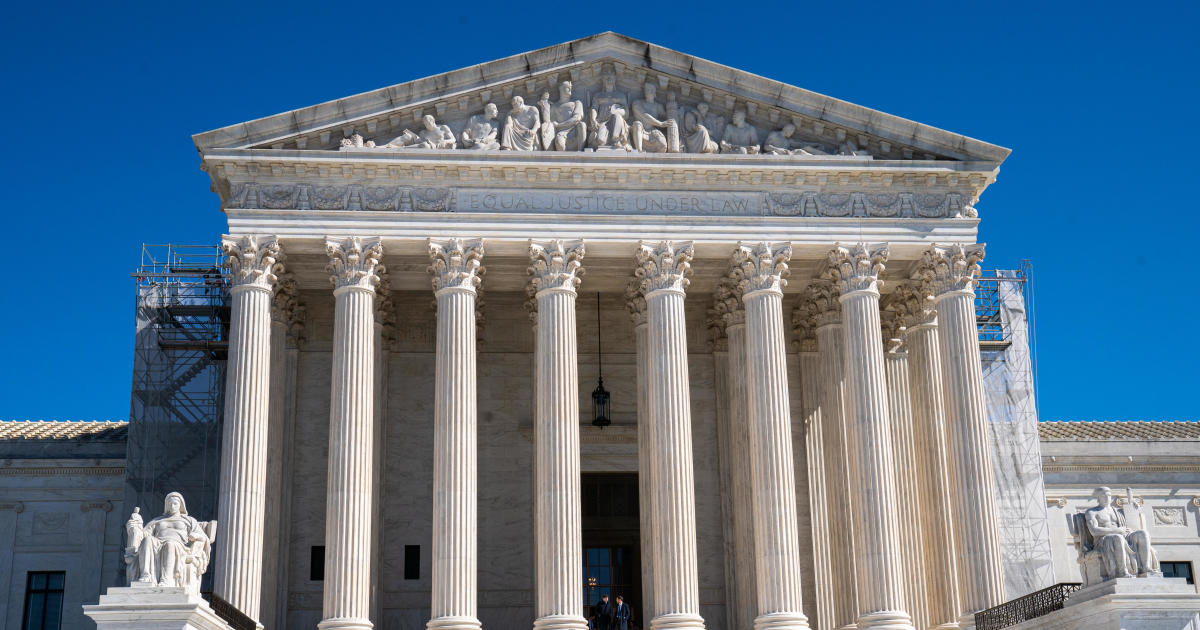The Supreme Court clarified the circumstances under which a public official who blocks a constituent on social media may be sued, laying out a two-pronged test for determining when a public official’s speech on social media is attributable to the government. The court ruled that an official is considered a state actor online only if they had actual authority to speak on behalf of the government and purported to exercise that authority when speaking on social media. This decision came in response to two cases involving public officials who blocked constituents on social media, sending the disputes back to lower courts for further proceedings.
The legal battles before the Supreme Court raised questions about how elected officials interact with constituents in the digital age and when those interactions may infringe on free speech rights. The court’s decision stemmed from cases involving Port Huron city manager James Freed and Poway Unified School District Board of Education President Michelle O’Connor-Ratcliff, who had blocked constituents on social media. The court found that public officials must comply with the First Amendment when using personal social media accounts for official duties and cannot immunize themselves from liability by using personal accounts.
In the case of James Freed, the court found that his Facebook activity was not considered state action and therefore shielded from First Amendment scrutiny. Freed had a private Facebook profile that he converted to a public page after becoming city manager, but the court determined that he was acting in a personal capacity and had not engaged in state action. Similarly, in the case involving Michelle O’Connor-Ratcliff and T.J. Zane, the court ruled that blocking constituents on social media constituted state action, as the officials used their social media pages as public fora in carrying out official duties.
Justice Amy Coney Barrett, writing for the unanimous court, emphasized that the distinction between private conduct and state action hinges on whether a public official has actual power to speak for the government. Barrett highlighted that alleged censorship by a public official must be connected to speech within their official responsibilities and that the nature of technology plays a role in determining whether an official is considered a state actor on social media. The court’s decision established a clear standard for when public officials may be sued for blocking constituents on social media, subjecting them to First Amendment scrutiny.
Overall, the Supreme Court’s decision clarified the circumstances under which public officials may be sued for blocking constituents on social media, establishing a two-pronged test for determining when a public official’s speech on social media is attributable to the government. The court’s ruling in cases involving Port Huron city manager James Freed and Poway Unified School District Board of Education President Michelle O’Connor-Ratcliff set a precedent for how public officials interact with constituents on social media and when those interactions may infringe on free speech rights.









